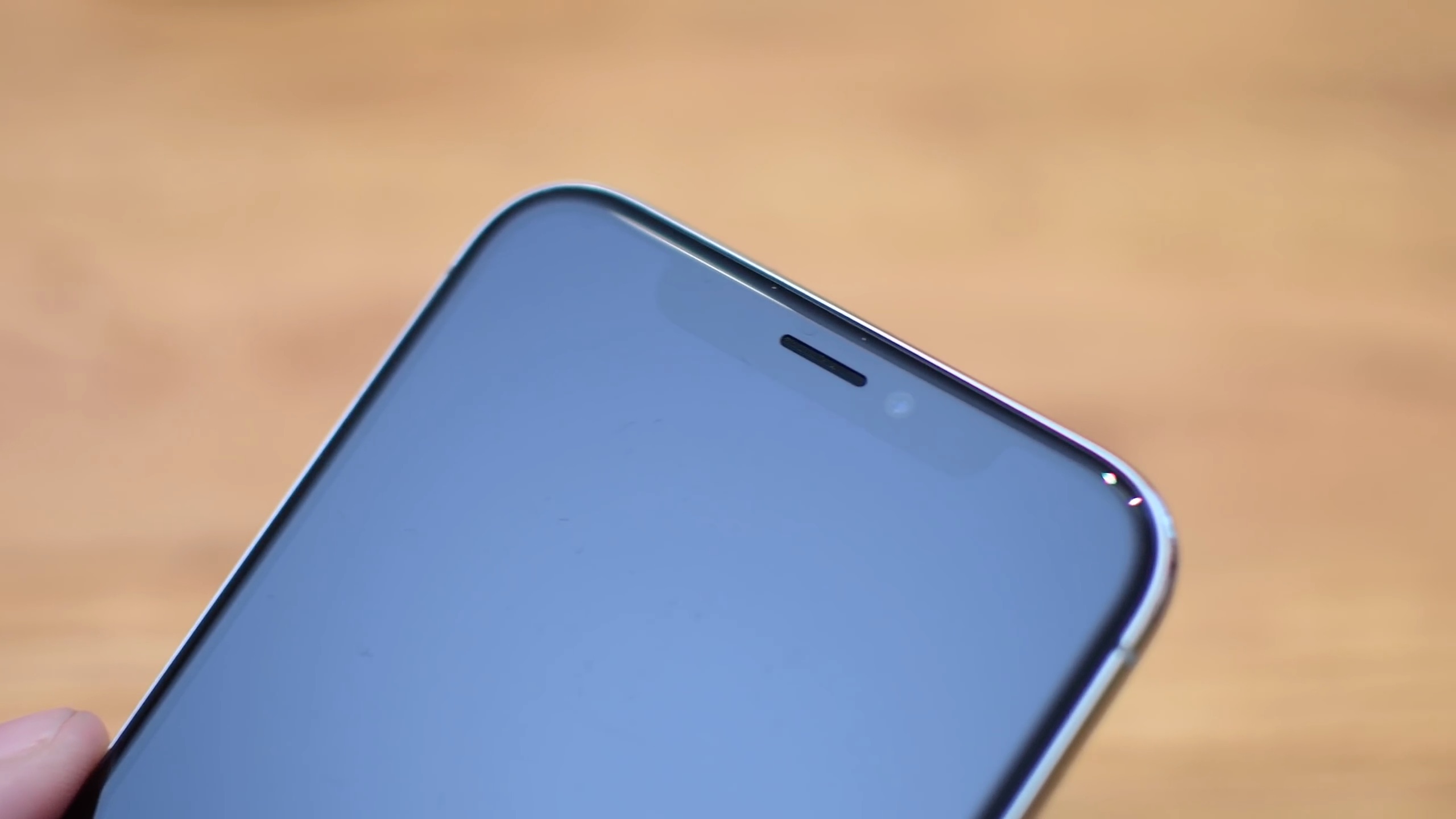So you’ve dropped your iPhone and the rear glass has shattered. Faulty Face ID sensors, you say? Soon, repairing these and other components won’t require replacing the entire device.
That’s according to MacRumors, which saw Apple’s internal memo officially informing Apple Authorized Service Providers of the new same-unit repair method going into effect soon.
Apple’s new approach to repairing the iPhone is limited to the latest devices and specific repairs. As an example, if you’ve cracked the rear glass of your iPhone 12 or iPhone 12 mini, Apple or its authorized service technicians will fix it without replacing the entire phone.

The memo frames Apple’s new repair policy as supporting the company’s commitment to reducing the carbon footprint of every product it sells. It could also boost its profits.
When’s this going into effect?
Apple plans to launch the new repair policy starting February 23 in all countries and regions where the latest iPhones are sold. Eligible devices will include the iPhone 12 and the iPhone 12 mini handsets. The following types of issues will no longer require a whole-unit replacement:
- The device cannot power on
- The device is experiencing issues with the logic board
- Face ID is not working properly
- Enclosure damage like cracked rear glass.
MacRumors has more details:
Apple Authorized Service Providers (and likely Genius Bars) will have a new iPhone Rear System part available to them that consists of the rear enclosure of an iPhone with all components except the display and rear camera, including the battery, logic board, wireless charging coil, Taptic Engine, Face ID system and so forth.
The iPhone cameras are ineligible for same-unit repairs.
Apple as of iOS 14.4 is also warning the user when it detects that a camera in their handset has been repaired or replaced with aftermarket parts rather than genuine ones.